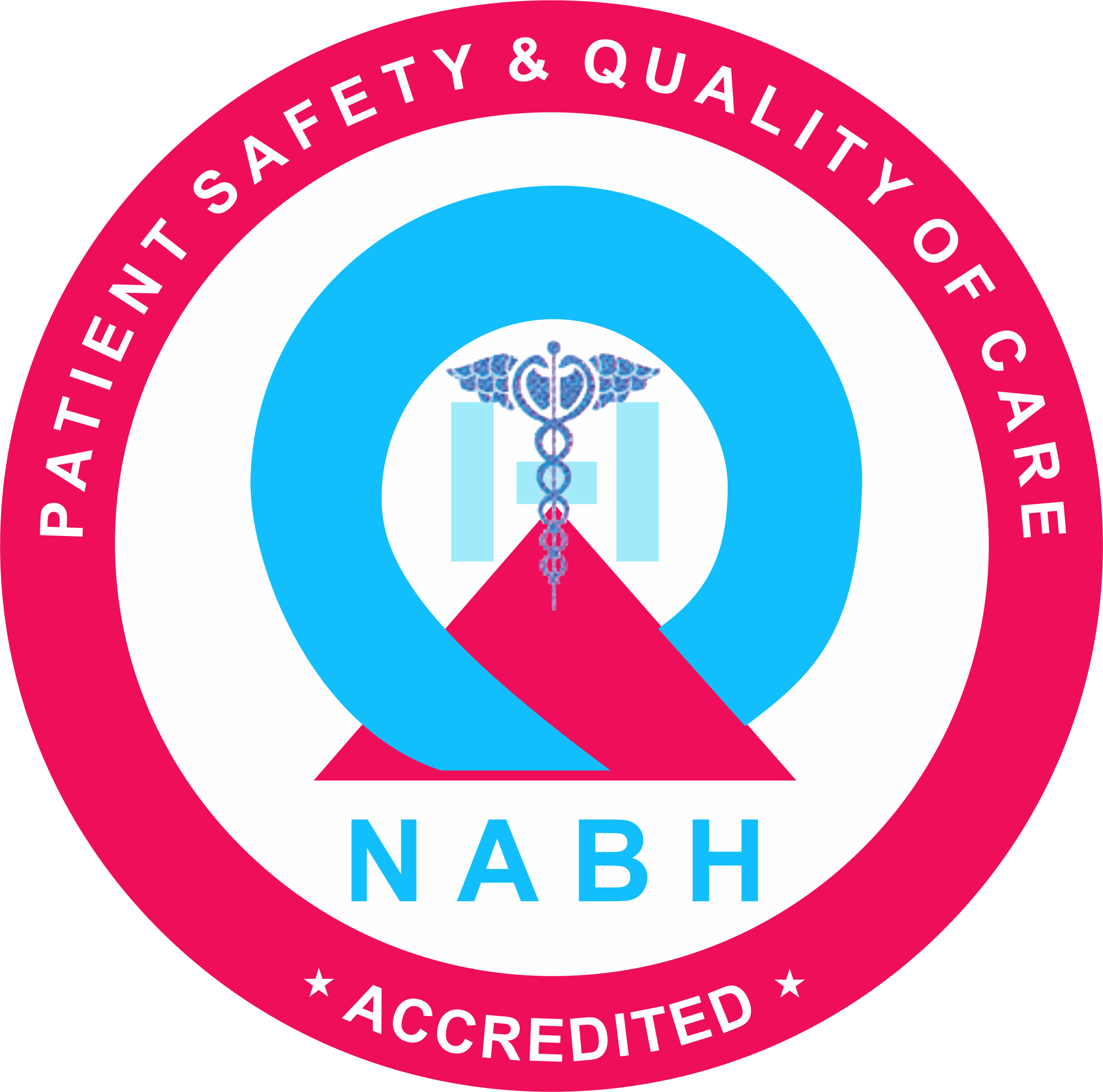Medical oncology is a branch of medicine that specializes in the diagnosis, treatment, and management of cancer in adults. Medical oncologists are physicians who are specifically trained to use various therapeutic modalities to treat cancer. Medical oncologists work closely with surgical oncologists, radiation oncologists, and other specialists to provide comprehensive cancer care. They play a pivotal role in developing treatment plans, monitoring patients during therapy, and managing side effects.
Pediatric oncology is a specialized branch of medicine that focuses on the diagnosis and treatment of cancer in children and adolescents. Pediatric oncologists are trained to address the unique challenges associated with childhood cancers, considering factors such as growth, development, and long-term effects of treatments. Pediatric oncologists often engage in research to advance treatments and participate in clinical trials to test new therapies specifically designed for children. Due to the developmental stage of pediatric patients, there is a strong emphasis on minimizing long-term effects and preserving the child’s quality of life.
Childhood Cancers: Cancers that specifically occur in children, such as leukemia, neuroblastoma, and Wilms tumor.
Both medical and pediatric oncology play vital roles in the overall efforts to understand, treat, and ultimately find cures for cancer, contributing to advancements that benefit patients of all ages. Collaboration with pediatric surgeons, radiation oncologists, and other specialists to create comprehensive treatment plans. At Guru hospital, we offer emotional and psychological support to both the child and their family is a crucial aspect of pediatric oncology.



